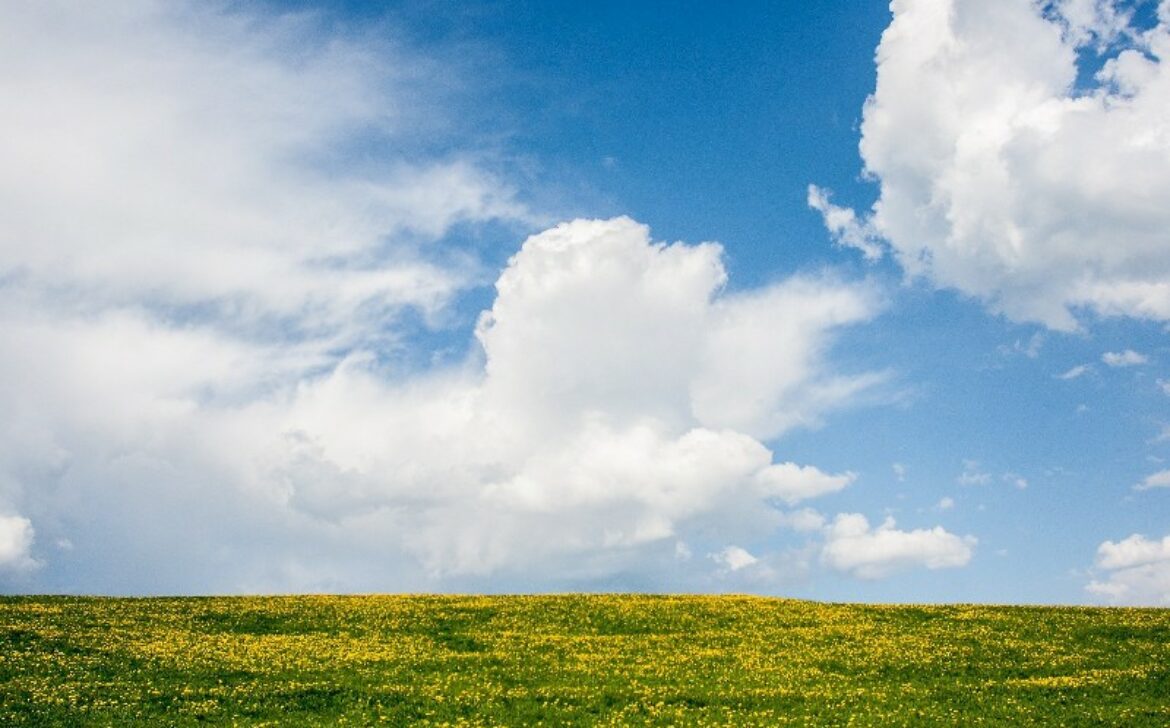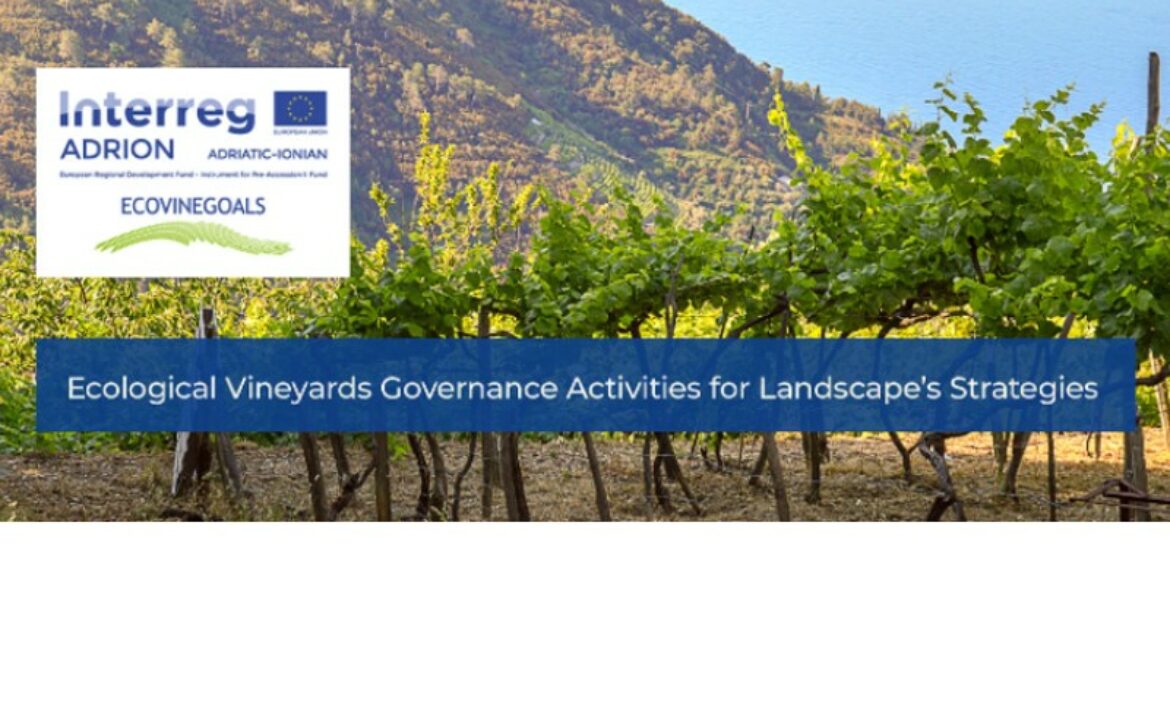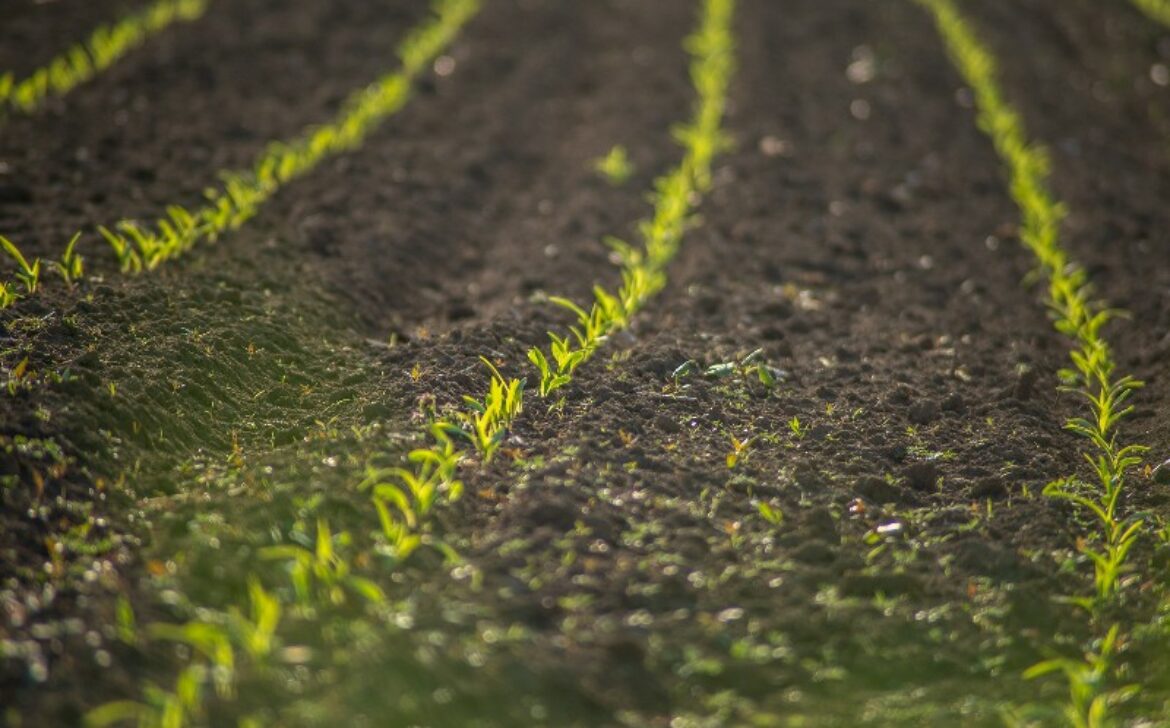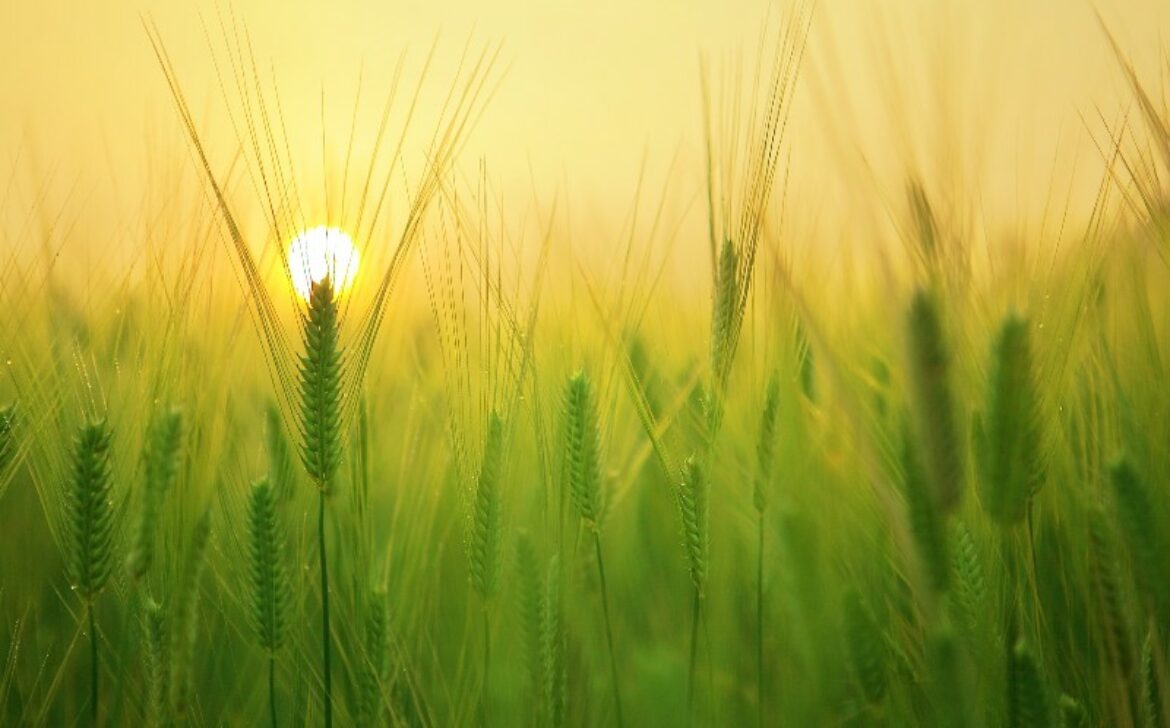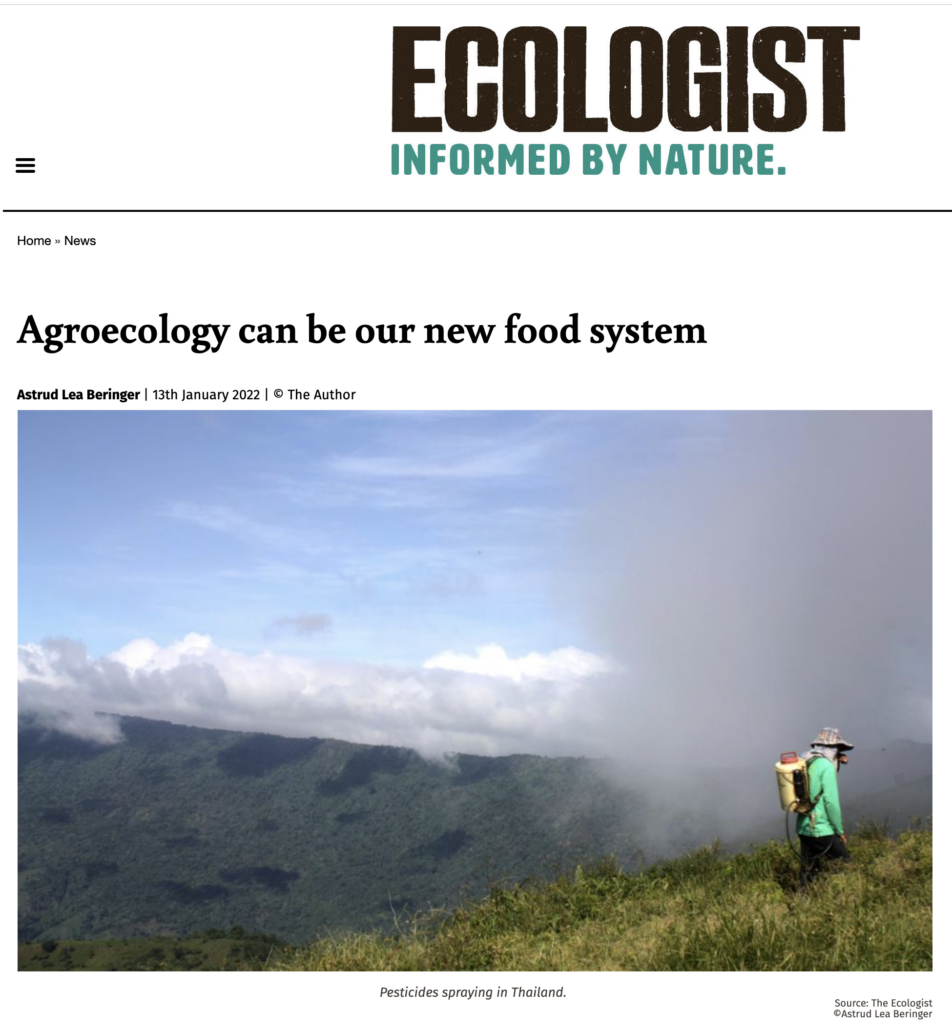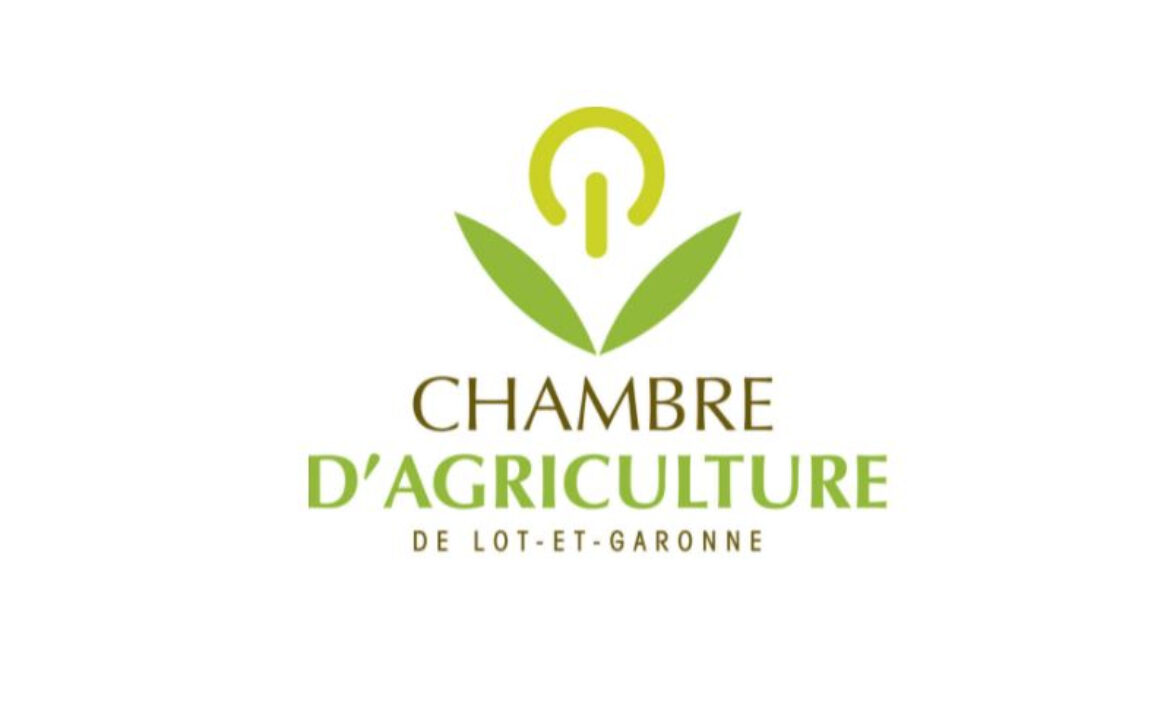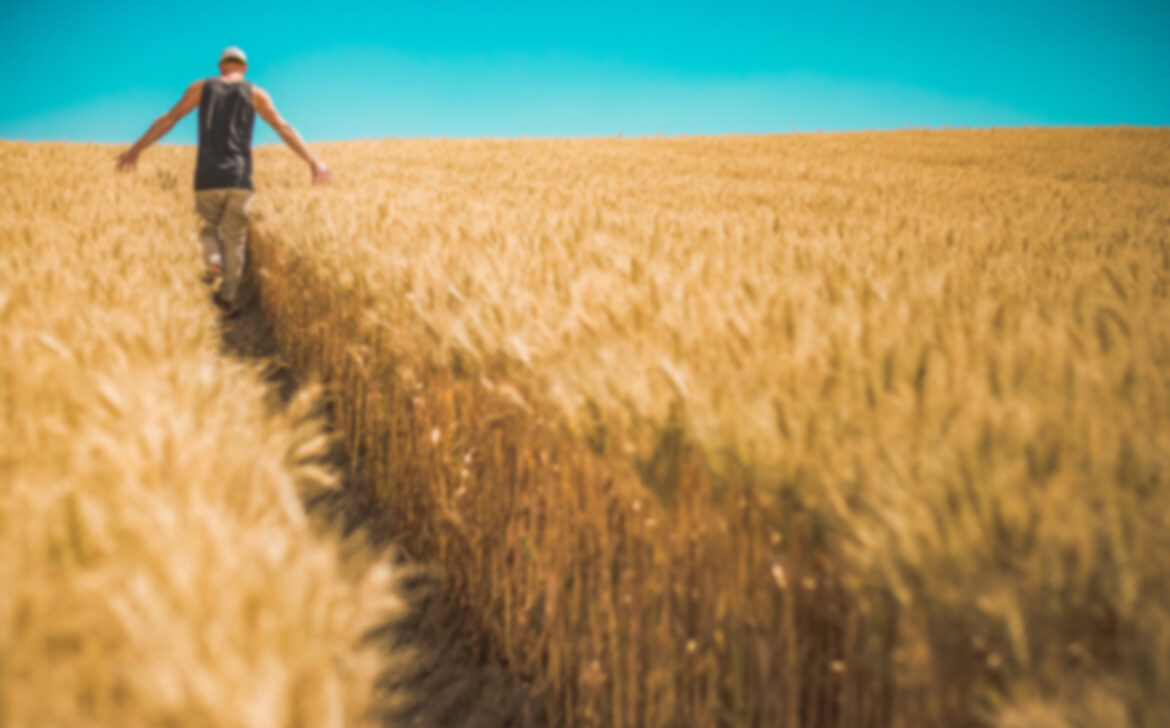Project objective is to improve the training attractiveness of the agroecology VET, providing teachers with tools with capacity to attract farmers to higher levels of education, and also recover silver knowledge which can be otherwise lost.
One of the main tools of the project is the video processing software allowing the users to process training videos, creating new learning contents, reviewing existing contents, and using the resulting videos for teaching.
Another tool, the data platform is integrated by hundreds of videos recording practices of silver farmers and teachers about agroecology. Hours of videos, with explanations of work-based practices, provided by experienced actors, which have both high quality information and very attractive format. The videos will include talking of the farmer/teacher, mixed with on-field explanations of specific practices or methods.
The big difference of this data base, and other huge unmanageable databases, is the processing software. The software transfer all the talking information of the videos into text, which will be stored and indexed to every video. The information, both video and text, will be stored in a video mine which will be exploited through the SilverKnows software.
Teachers will ask SilverKnows about specific training contents, and SilverKnows will provide reports with text content and related video contents, which can be integrated in the training. Moreover, specific searches can be done to verify data in existing training content, or to create feedback on existing teaching practices (to be explained later).
Video learning has been placed as the primary form of learning in most organizations. The coronavirus pandemic has accelerated the process, making it essential that learning be accessed anywhere at any time on any device.

